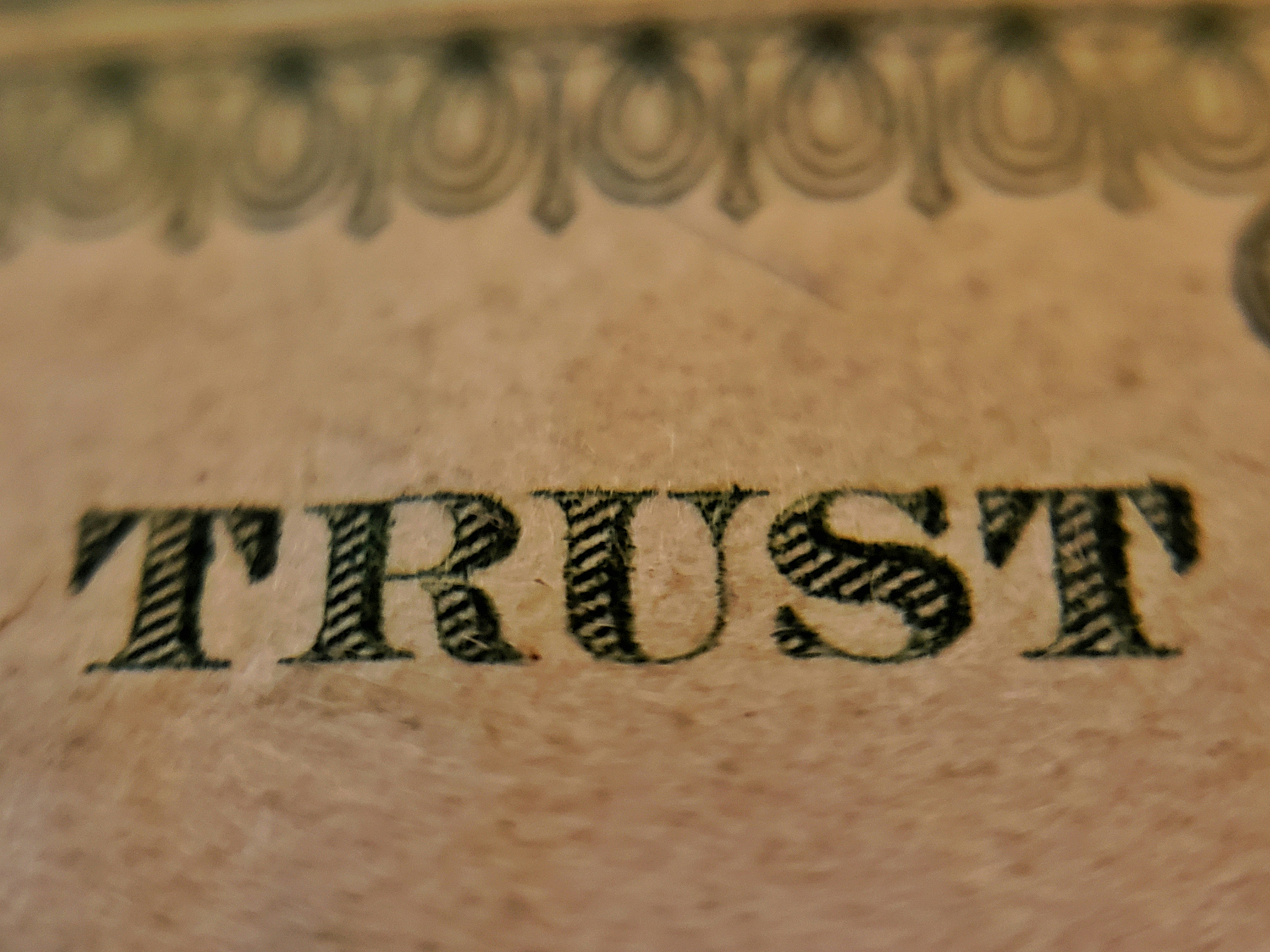
Aldagh McDonogh (N00200023)
<aside> 📄 Table of Contents
</aside>
Trust on the way in and on the way out of every transaction
<aside> 💬 "Trust, in a customer or consumer behavior context, is defined here as the attainment of a level of satisfaction and resulting loyalty at which customers are comfortable forgoing problem solving behavior. Rather, they repurchase a particular product or set of products in a routinized or habitual fashion". [4]
</aside>
As long as people have been doing business, they have needed to trust each other. Trust is precious and has to be both earned and protected.
This short 2 min video interview of Jean Claude Ramirez from Bain succinctly explains the changing nature of Trust in the digital age moving from flowing vertically to being distributed.
In chapter 7 of this interesting book published recently titled “The Role of Psychology in Understanding Online Trust” offers this definition of Trust: [3]
“Trust is an essential construct to the maintenance of a functioning society (Rotter, 1980). Without it, friendships and relationships would not exist, whilst organisations would not be able to establish and maintain a customer following. As such, definitions of trust are widespread and vary across disciplines. However, across these disciplines, there is consistency in the emphasis on risk and uncertainty as underlying prerequisites for the development of Trust" (Cheshire, 2011).
Trust helps reduce risk and increases desired certainty for the Consumer - in both online and offline purchasing. ****Consumers invest considerable time and effort into making the right online purchasing decisions - deciding what products to buy, at what price, from what websites or marketplaces. Transacting online requires Consumers to share important personal information with organisations and this exacerbates the need for Trust in these partners.
Joshua Hoehne (@mrthetrain), Unsplash
The need for strong Consumer Trust varies depending on the degree of perceived risk and uncertainty in the purchase. Taking two vastly different items that can be bought online, there is a lower degree of perceived risk and uncertainty when buying, for example, a light bulb vs buying an annual family holiday. It is reasonable to anticipate that most Consumers would require significantly more Trust in the travel company vs the light bulb seller and would, as a result, invest significantly more time and effort researching for trusted information before booking the holiday.
Bermix Studio (@bermixstudio), Unsplash
Everything about the Customer experience online and offline, before, during and post the transaction either builds or destroys trust.
In addition, the online environment accentuates another crucial facet in relation to Consumers ability and willingness to trust in making online shopping decisions and that is the handling of their Privacy, their Data and the Security of their information. Can they trust the particular organisation with their personal and financial data? Even where they trust the product and the seller in the offline context.
<aside> 🗨️ Simply defined, Word of Mouth is oral communication. In online purchasing, e-Word of Mouth is online communication between consumers about a product or service. It includes ratings, reviews, emails, blogs, videos, etc.
</aside>
Published in 2020, this interesting research article, (In eWOM we trust: Using naïve theories to understand consumer trust in a complex eWOM marketspace) draws attention to the considerable complexity of eWOM vs its offline predecessor WOM. [5].